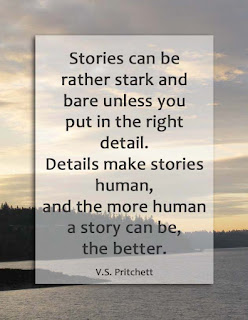Some sounds have died out. Have you ever thought of that?
In your memory, some sounds live on—they are a perfectly normal part of your everyday life—yet they could be sounds your kids or grandkids have never heard.
I thought of that recently when I saw a post on Facebook, and that reminded me of something I found a few years ago: 11 Things That Your Kids Have Probably Never Heard.
Sounds like:
- a rotary dial phone
- a manual typewriter
- a cash register
- and that bell that used to ring when we pulled into a gas station
If those memories make you smile, you’ll enjoy Kara Kovalchik’s 11 Things That Your Kids Have Probably Never Heard.
Enjoy that list, but add to it. Make a list of your own unique sounds and include them in your memoir.Think about the sound of milking a cow—the sound of warm milk squirting into a metal bucket. I suspect most of your readers have no idea what that sounds like.
People acquainted with only gas or electric “fireplaces” might not know about crackling and hissing sounds that real logs make in real fireplaces.
Those who grew up pre-photocopy machines will remember the sound a mimeograph machine makes.
Did you grow up listening to air-raid sirens? I did.
In my recently published memoir, Please, God, Don’t Make Me Go: A Foot-Dragger’s Memoir, I included sounds of howler monkeys, Honda 90 motorbikes, bulls chomping on hibiscus plants outside my kitchen window, and mosquitoes buzzing my ears at night.
In my other memoir, Grandma’s Letters from Africa, I recall awakening to the Muslims’ pre-dawn call to prayer from a nearby mosque. I remember the rustle of sun-baked grasses and of lying “in your cot at night, listening to the night sounds—the hollow, terrifying roar of the lion, the bark of the zebra, the ghostly laugh of the hyena, and the pad, pad of invisible feet.” (Camera Trails in Africa, Martin Johnson, 1924)
Frederick Buechner writes of sounds from college days: “I hear the clatter of feet on stone steps and wooden steps, the rifle-shot slap of books dropped to the writing arms of seats in lecture halls. . . and [in the dorm] the playing of everybody’s phonograph at once—‘Honeysuckle Rose,’ ‘People Will Say We’re In Love,’ ‘As Time Goes By.’” (The Sacred Journey)
For your readers’ sake, for your memoir’s sake, do the necessary work to make sounds come to life.
Need help remembering? Close your eyes and go back to that time you want to recapture. Or look through old photos, or read books written in that era. Ask friends and relatives to help you remember.
Also, click on Amber Lea Starfire’s blog post. Even though she’s addressing journal-writers, her advice works for memoirists, too. She’ll help you pin down sounds from your past.
Most of all, have fun writing.

No comments:
Post a Comment